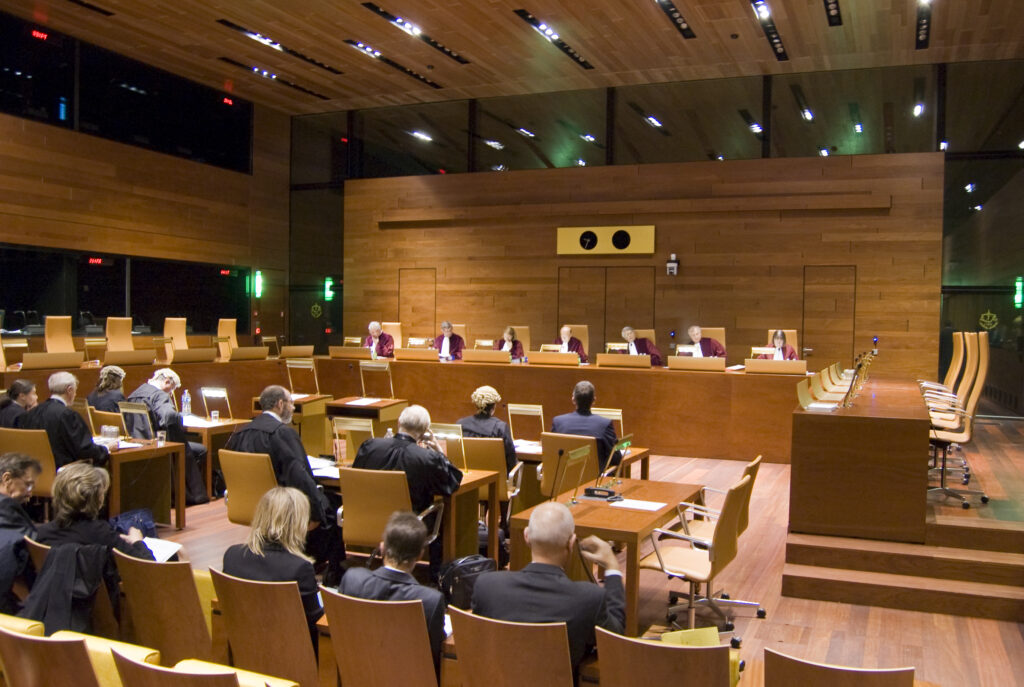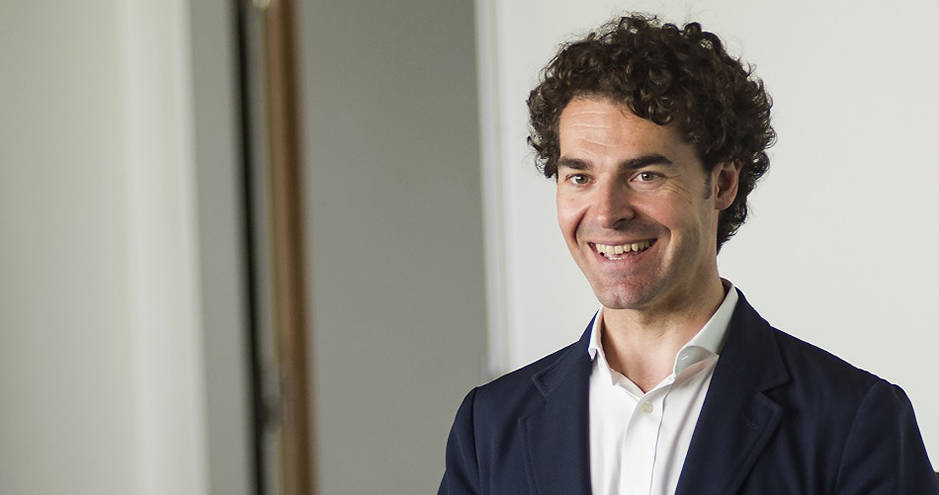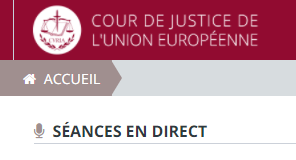Starting Tuesday, delivery of judgments and reading of Advocate General’s opinions to be broadcast live, and some hearings with a delay of a few hours.

On Friday 22 April, the CJEU announced that it will start live broadcasting the delivery of judgments of the Court of Justice and reading of opinions in Advocate General’s opinions on its website. Moreover, hearings in cases heard by the Grand Chamber (the Court in large composition of 15 judges) will be recorded and broadcast with a delay of one part of a day. This means that hearings taking place in the morning will become available after 14:30 on the same day, and afternoon hearings at 9:30 the next day.
With this new step, the court aims, in its own words, “to allow citizens to follow hearings under the same conditions as if they were physically present”.
The current change of policy follows a recent decision by the court to live broadcast a hearing in two joined rule of law related cases brought by Hungary and Poland, amid a war of optics between particularly the politically captured Polish Constitutional Tribunal and the Court of Justice of the EU over which is “more transparent”. However, criticism over the court’s failure to broadcast its hearings has been voiced for much longer, with academics already flagging this as a transparency issue a decade ago.
Friday’s announcement was met with cautious approval by various academic observers. Daniel Sarmiento, professor at Madrid Complutense University and editor-in-chief of the EU Law Live news platform, spoke of a “major breakthrough”, but also pointed out that the press statement was couched in discretionary language (in the case of hearings), caveats (a six month trial period), and limitations (streaming will be only possible when footage comes online, and no archival material is to be made available). On the whole however, he expected the announced measures to be irreversible, even after the ending of the trial period. He also dismissed worries, expressed in some quarters, of a “TV court” effect as missing the point, since the real issue is one of accountability and publicity of the court’s activities. The TV effect was quickly satirised by Politico, which referred to the new policy as “Nerdflix” offering “top-flight legal entertainment”.
Alberto Alemanno, professor at HEC Paris and NYU Law School, spoke of a “taboo broken”, but also noted that the decision would only cover a small part of judgment handed down, the other cases remaining unaffected by the new broadcasting policy. Last year, Alemanno petitioned to the court to be allowed to livestream a hearing from his own mobile phone while in camera. This request was turned down, but it added further pressure on the court to revise its unaccommodating position, particularly after the request garnered much publicity.

The change in policy relates exclusively to the visibility of the court’s proceedings, and is entirely unrelated to its handling of access to documents legislation.


